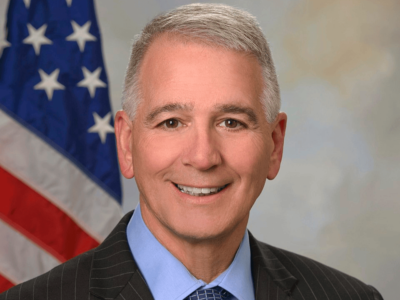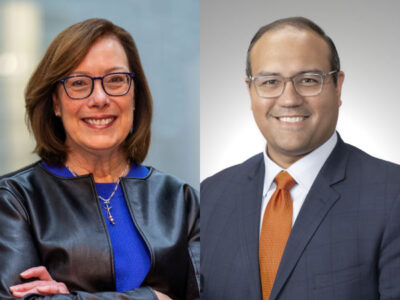Ralph Lee Abraham, a Louisiana surgeon general who implemented controversial policies and held views that have drawn significant criticism from public health experts, has quietly been installed as the second-highest official at the Centers for Disease Control and Prevention.
The Center for Medicare and Medicaid Services said it has negotiated down the price of 15 drugs, including significant discounts to four costly cancer treatment drugs, according to an announcement from Nov. 25.
Centers for Medicare and Medicaid Services has announced that monthly premiums for Medicare Part B will begin costing patients $202.09 per month next year—a 9.7% rise up from $185 in 2025—for individuals making an annual income of $109,000 or less.
The American Hospital Association, joined by four community-based hospitals, has sued HHS over a pilot program to reimburse drug costs to safety net hospitals enrolled in the 340B program through a rebate—a departure of the status quo of up-front discounts.
The “One Big Beautiful Bill Act” includes new restrictions on federal student loan borrowing that the Trump administration says are aimed at driving down the cost of graduate education. However, critics of the change say that the reduced access to low-interest federal loans will further reduce the accessibility of graduate and professional degrees.
Paradigm Health and Flatiron Health announced that Paradigm Health will acquire Flatiron’s Clinical Research Business, which has built a tech-enabled U.S. oncology research network.
Ben Ho Park and Sara M. Tolaney will receive American Association for Cancer Research awards at the the San Antonio Breast Cancer Symposium Dec. 9-13 for their contributions to breast cancer research. xxx:moreAACR is a c
The Indiana University Melvin and Bren Simon Comprehensive Cancer Center’s unique healthy breast tissue repository, the Susan G. Komen Tissue Bank, has been awarded a two-year, $750,000 grant from Susan G. Komen.
UPMC Hillman Cancer Center and the University of Pittsburgh have announced the appointment of Kathryn Schmitz and José P. Zevallos as deputy directors of UPMC Hillman Cancer Center. xxx:moreBoth served in inter
NRG Oncology, NCI, and National Clinical Trials Network recently announced changes in leadership across multiple committees.









